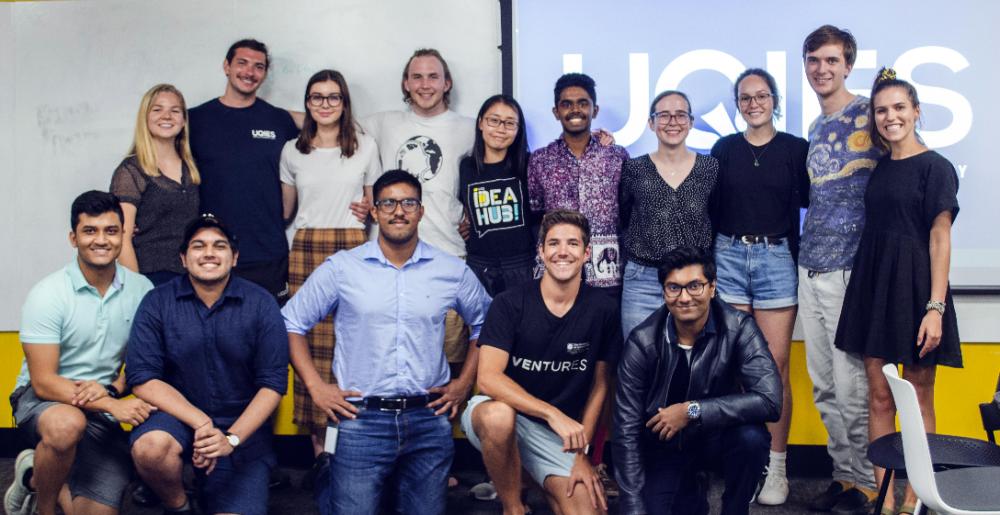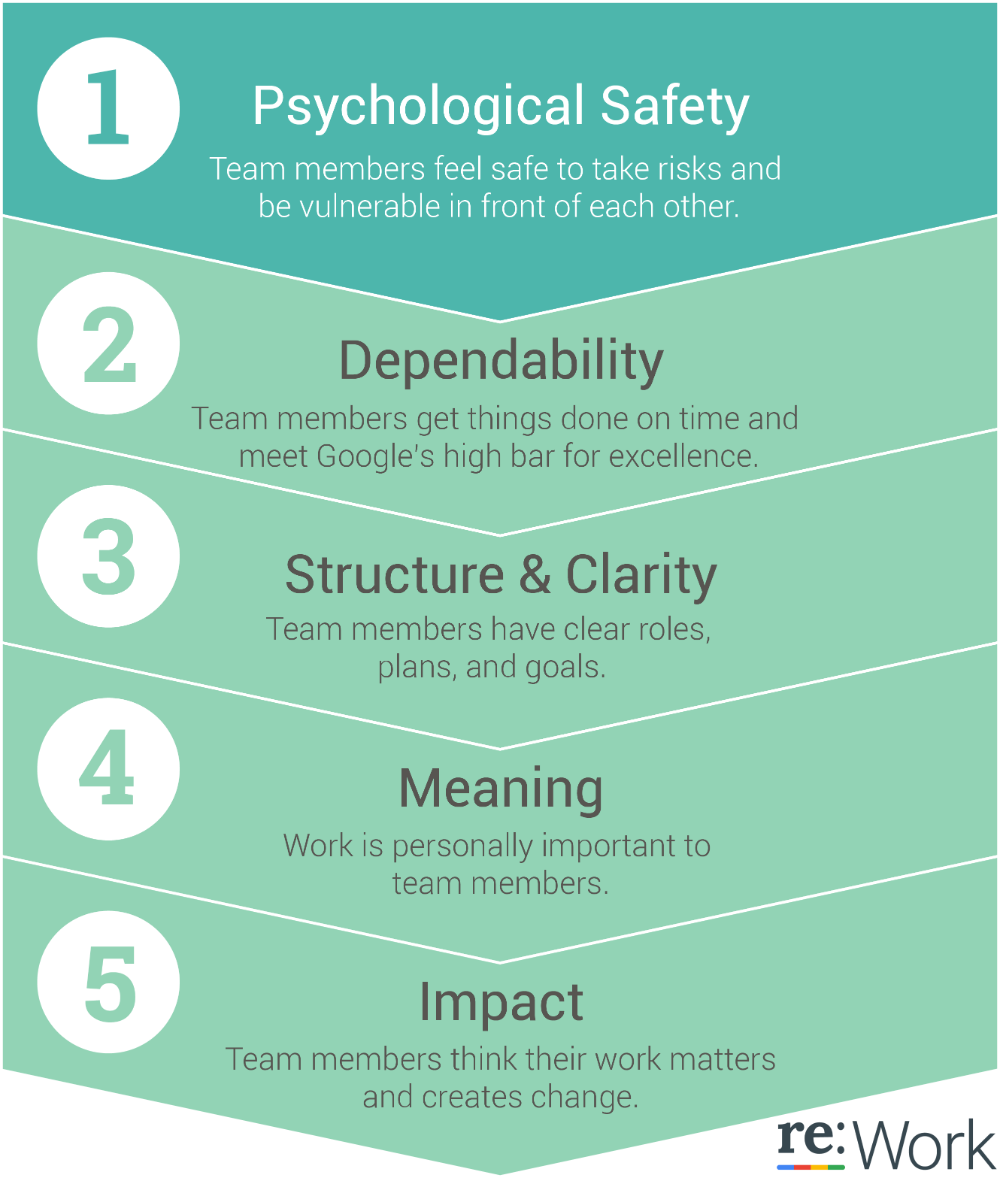The quest to build the dream team
Building a successful startup is a long and bumpy road. Picking the people you want to ride with, as well as being a fantastic passenger, is an undeniably important task.
The next three weeks participating in the Virtual Hackathon: 2020 Vision, will require dedication, hard work and hustle. All things made exponentially easier with the support and shared load of a group. The team over at the UQ Innovation and Entrepreneurship Student society (UQIES) aim to assist in every way possible and hope that the following will provide some insight into how to work effectively throughout the hackathon, and into the future.
Understand your team dynamic

Tech giant Google realised how important team dynamics are for productivity and happiness in the workplace. In the Codenamed Project Aristotle, they aimed to uncover patterns to reveal how teams can effectively be built to maximise success.
One of the key findings is centred around psychological safety. Scientific theory explains that when faced with unconstructive criticism, the brain processes it as a life-or-death threat causing alarm bells in the brain to trigger a fight-or-flight response. This fear shuts down the ability to provide critical input, ask questions and admit when we don’t have an answer. This instantly halts discussion, a key foundational step in ideation. Questions aren’t asked when clarification is required because the brain perceives that it isn’t worth the risk of being belittled. The avoidance of this haltering behaviour is incredibly important and generates psychological safety.
A professor at Harvard Business School, Amy Edmondson, started her research on this topic in her book on Creating Psychological Safety in the Workplace in 1999. ”
She suggested that it “..isn’t about being nice. It’s about giving candid feedback, openly admitting mistakes and learning from each other.

The power of Social Sensitivity
The other key insight from Project Aristotle that can be directly applied is the importance of Social Sensitivity. This is the ability to understand the feelings and viewpoints of others and is a key component in team-based activities. It involves intuiting how others feel based on tone of voice, facial expression and body language. Low social sensitivity is evident in individuals talking only about themselves, interrupting and ignoring social cues.
Key challenges that may arise while collaborating virtually are the absence of non-verbal cues that are a large factor in social sensitivity. Ensuring cameras are turned on for group conversations ensure connections, beyond conversation, to be made. Recently formed teams require significant effort to define boundaries and connect on a level that works for everyone. There is no exact combination of personalities or relationships that can be curated to form the perfect team. However, commitment to developing long-term relationships will create an environment where your team can work effectively to prosper.
Tips and tricks
Through the course of the next three weeks, it is inevitable that challenges in your team dynamic, communication and direction will arise. Here are some tips to take stock of your own approach to projects, and working in teams.
- Success will hinge on the ability to take risks and display vulnerability in front of peers, and this comes with open communication and support.
- Approach conflict as a collaborator working towards a common goal, rather than winning the argument.
- Replace blame with curiosity by using factual based feedback and engage openly to solve the issues. These strategies will allow risk-taking, speaking your mind, creativity and sticking your neck out without fear of having it cut off. This behaviour leads to market breakthroughs – something we are all chasing.
The UQIES team are here to assist at every step of your Virtual Hackathon journey. You can reach out to the team on the Virtual Hackathon Slack channel.
Learn more about Google's Project Aristotle.

